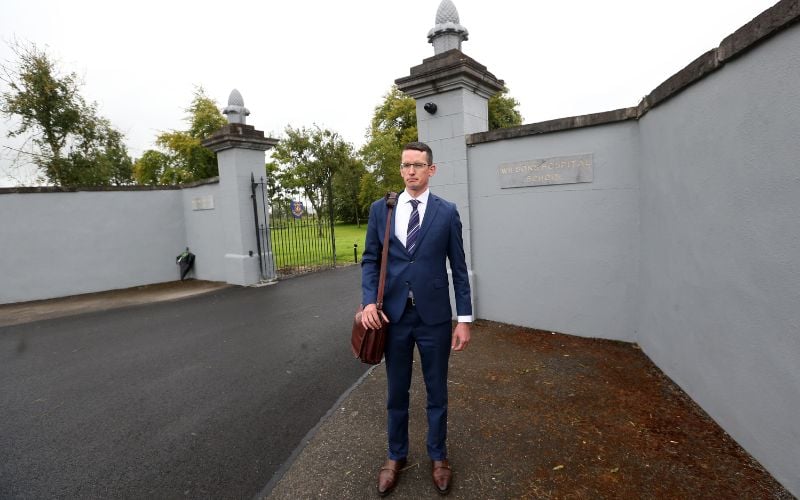NORTHERN Ireland's most important Special Branch agent is expected to be questioned within days about his involvement in more than a dozen murders.In January 2007 Police Ombudsman Dame Nuala O'Loan revealed how senior Loyalist paramilitary Mark Haddock and his Mount Vernon Ulster Volunteer Force (UVF) gang had been protected from prosecution in more than a dozen murders because he was working as a Special Branch agent.The ombudsman found a "pattern of work by certain officers within Special Branch designed to ensure that Informant 1 (Haddock) and his associates were protected from the law."Haddock's handlers ignored evidence of his and other agents' involvement in murder after murder, and "babysat" him through police interviews and blocked other police officers from searching for UVF murder weapons on the Mount Vernon estate which he controlled.Despite Haddock's double life being exposed last year, he escaped prosecution for any of the murders carried out during his 15 years as a Special Branch agent.However it is expected that the 38-year-old will now be questioned by police in coming days in a major new re-investigation of the Mount Vernon gang's murder campaign.In a major breakthrough last week two north Belfast brothers, David Stewart, 38, and Robert Stewart, 34, were charged with the murder of former Ulster Defense Association (UDA) leader Tommy English.English was shot dead by a UVF gang in front of his wife during a Loyalist feud in October 2000.Haddock and three others were identified as the killers. They were arrested and questioned but released without charge.However, it is speculated that when arrested earlier this month the north Belfast brothers may have decided to cooperate with police.Security sources suggest that they have already identified other members of the Mount Vernon UVF gang.In the 1980s police used so-called Loyalist and Republican "supergrasses" to give evidence against their former co-accused in exchange for lighter prison sentences.The supergrass system eventually collapsed over concerns about the reliability of their evidence.However, the use of supergrasses was resurrected earlier this year in another Loyalist murder case, with one accused agreeing to give evidence against his co-accused in exchange for a lighter prison sentence.However, it is the timing of the English killing which may also prove crucial in the new murder investigation.Under the Good Friday Agreement anyone convicted of a Troubles related murder before April 1998 can only be expected to serve just two years in prison.However, the English murder, and three other killings carried out by the Mount Vernon UVF gang, are not covered by the Good Friday Agreement, because they were carried out after the April 1998 deadline.This would mean that anyone now convicted of the killings can expect to serve a full life sentence.Sources close to the murder investigation insist that more arrests will follow in the near future.At present Haddock is serving a 10 year prison sentence for an unrelated attack on a doorman. He is due for release in January next year.Earlier this summer he applied for a court injunction to stop the media identifying him when he is eventually released.With recent events, it appears unlikely that this will be the last time that Informant 1 will appear in the news headlines.




Comments